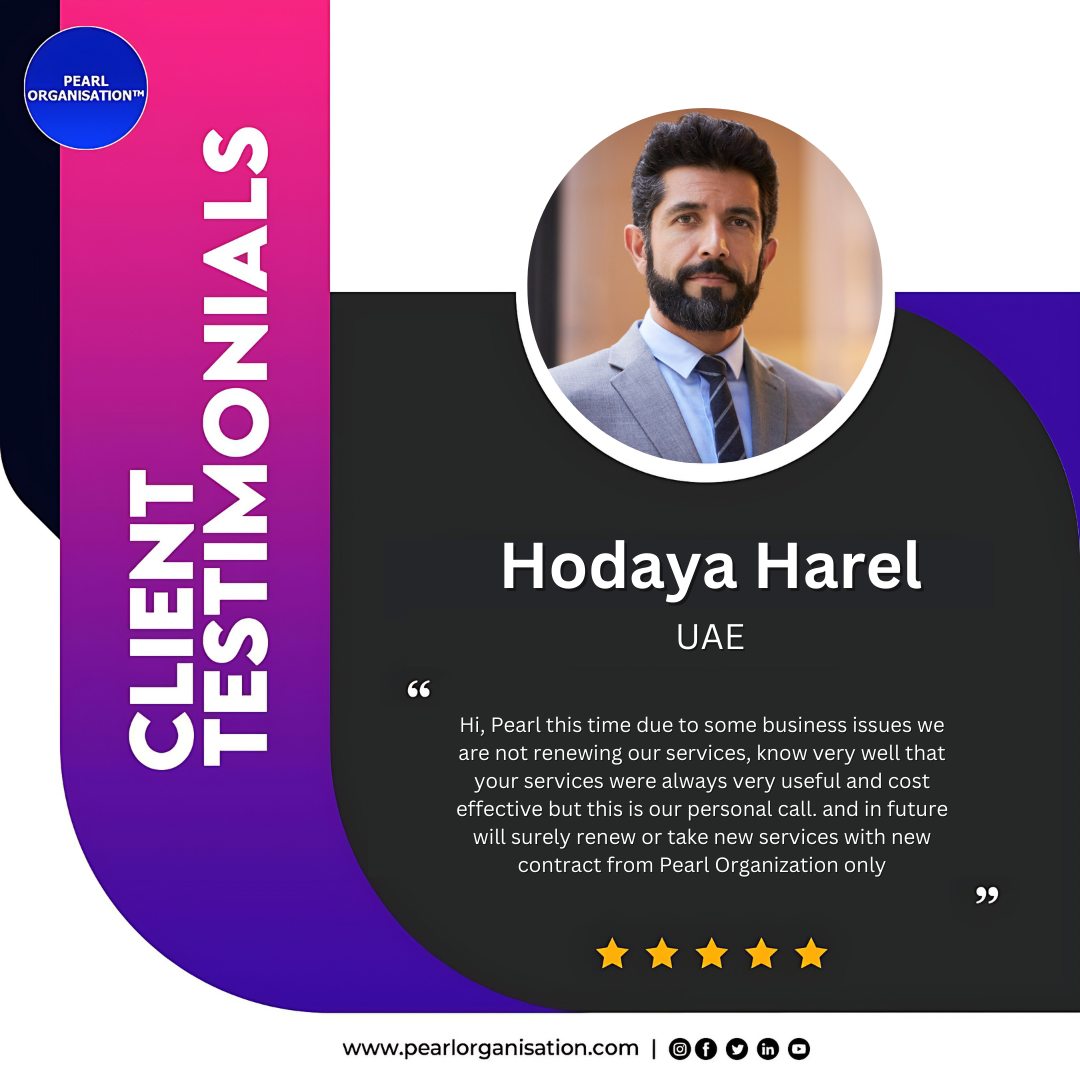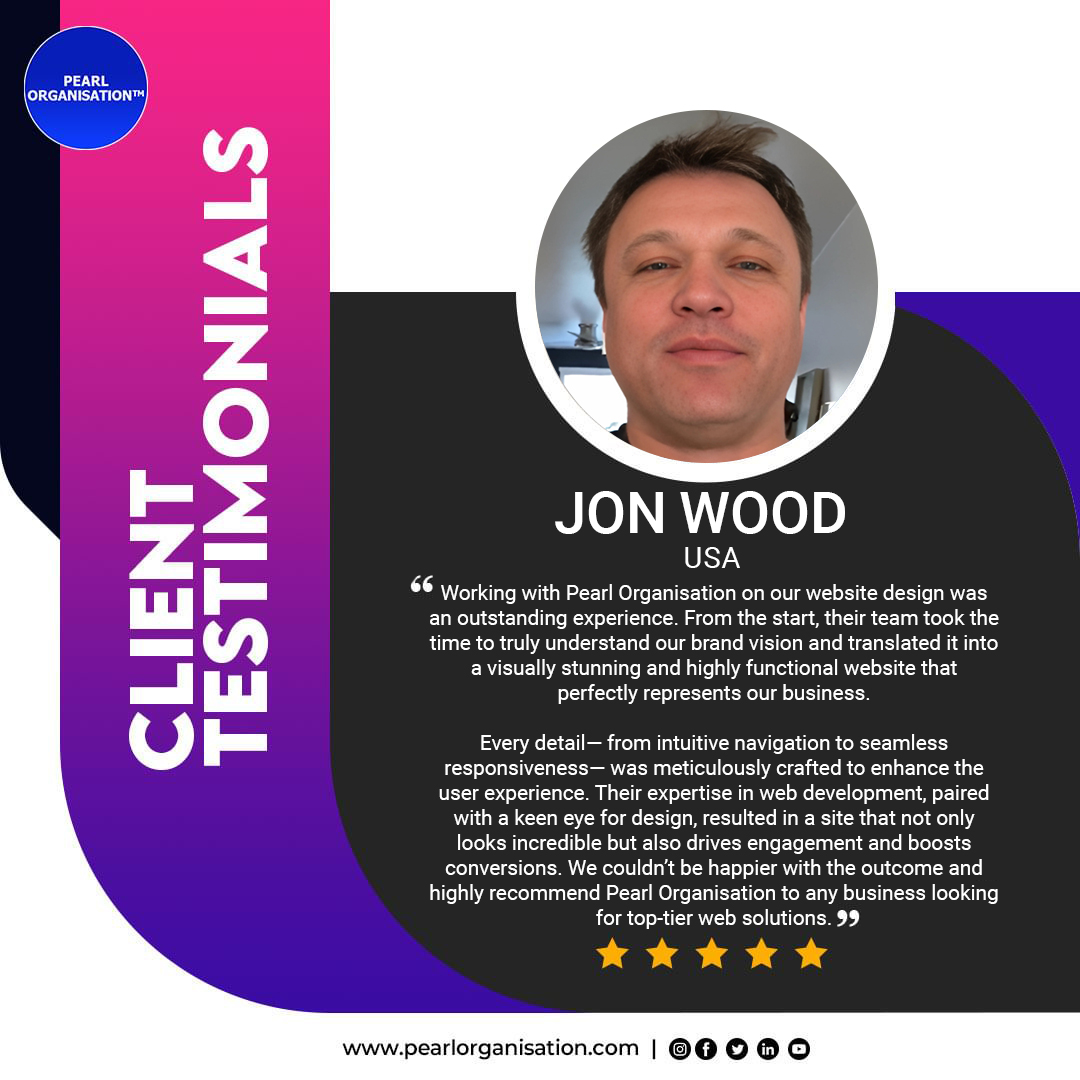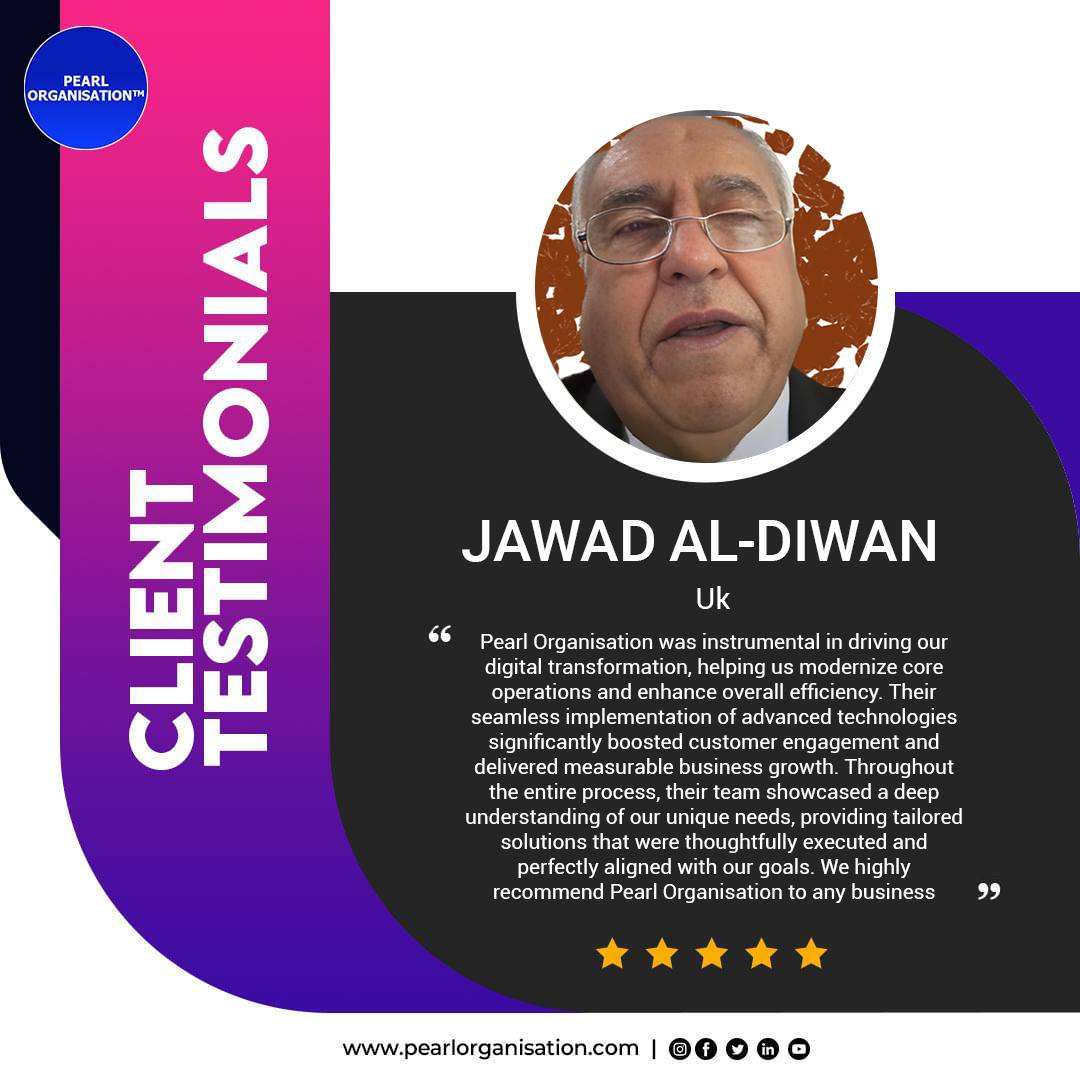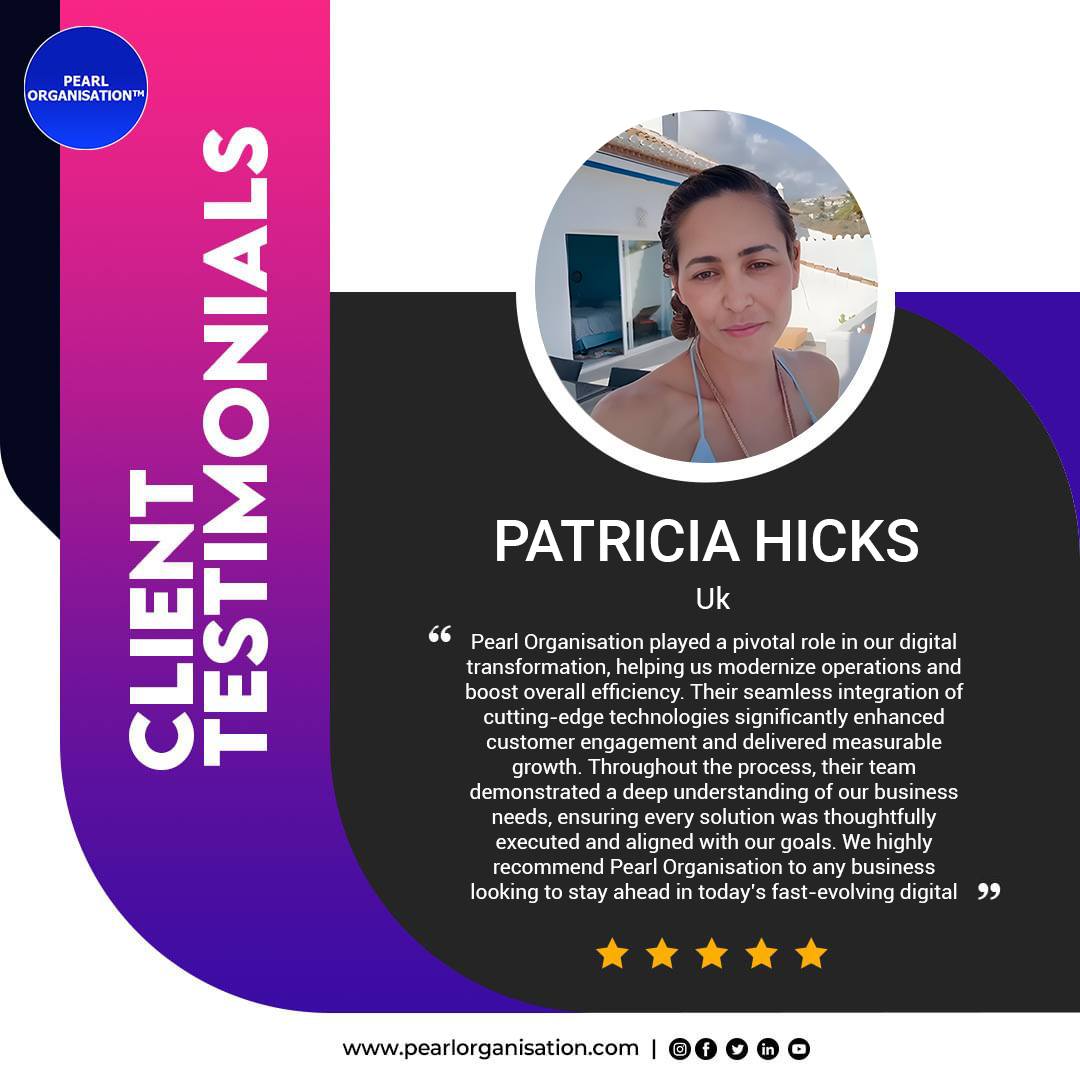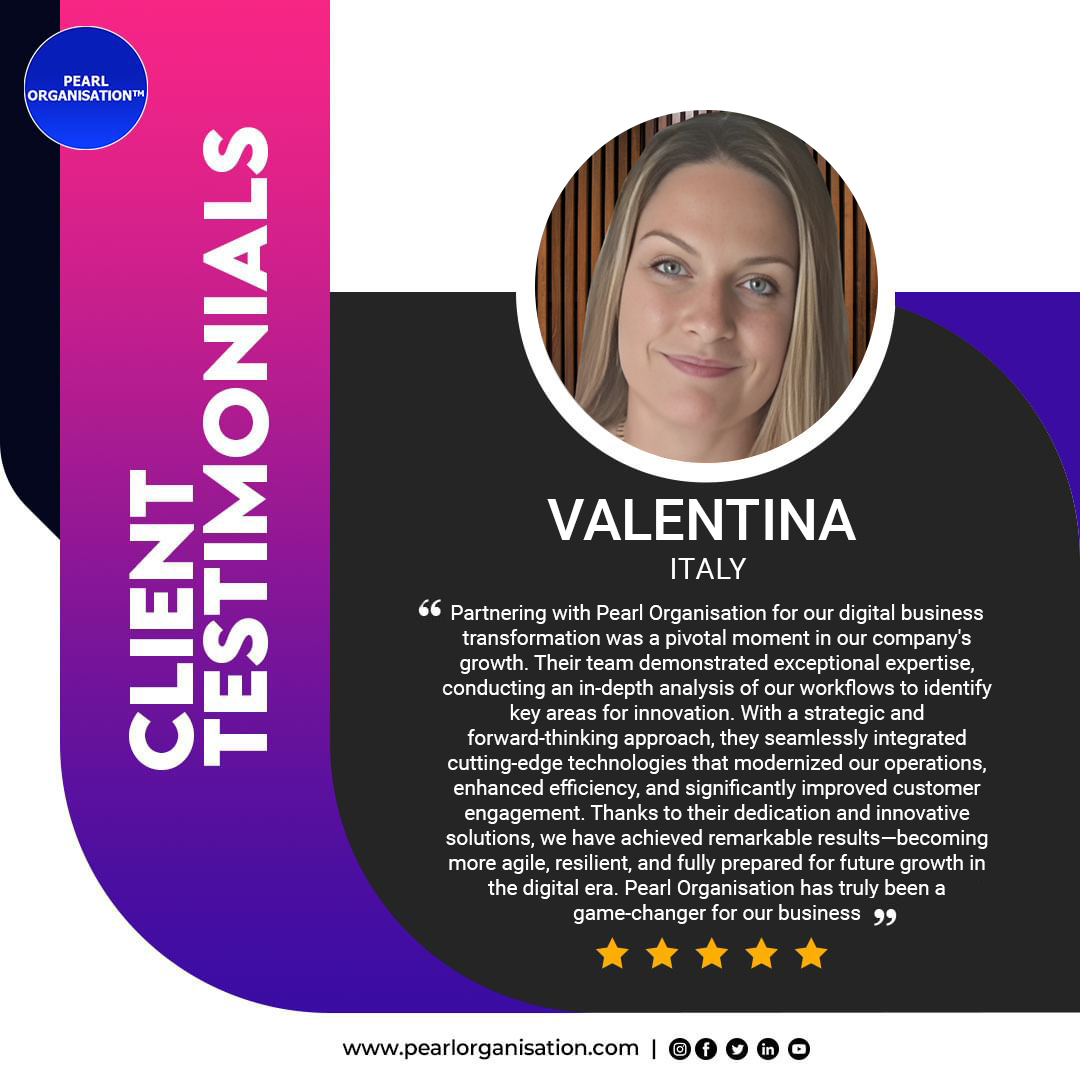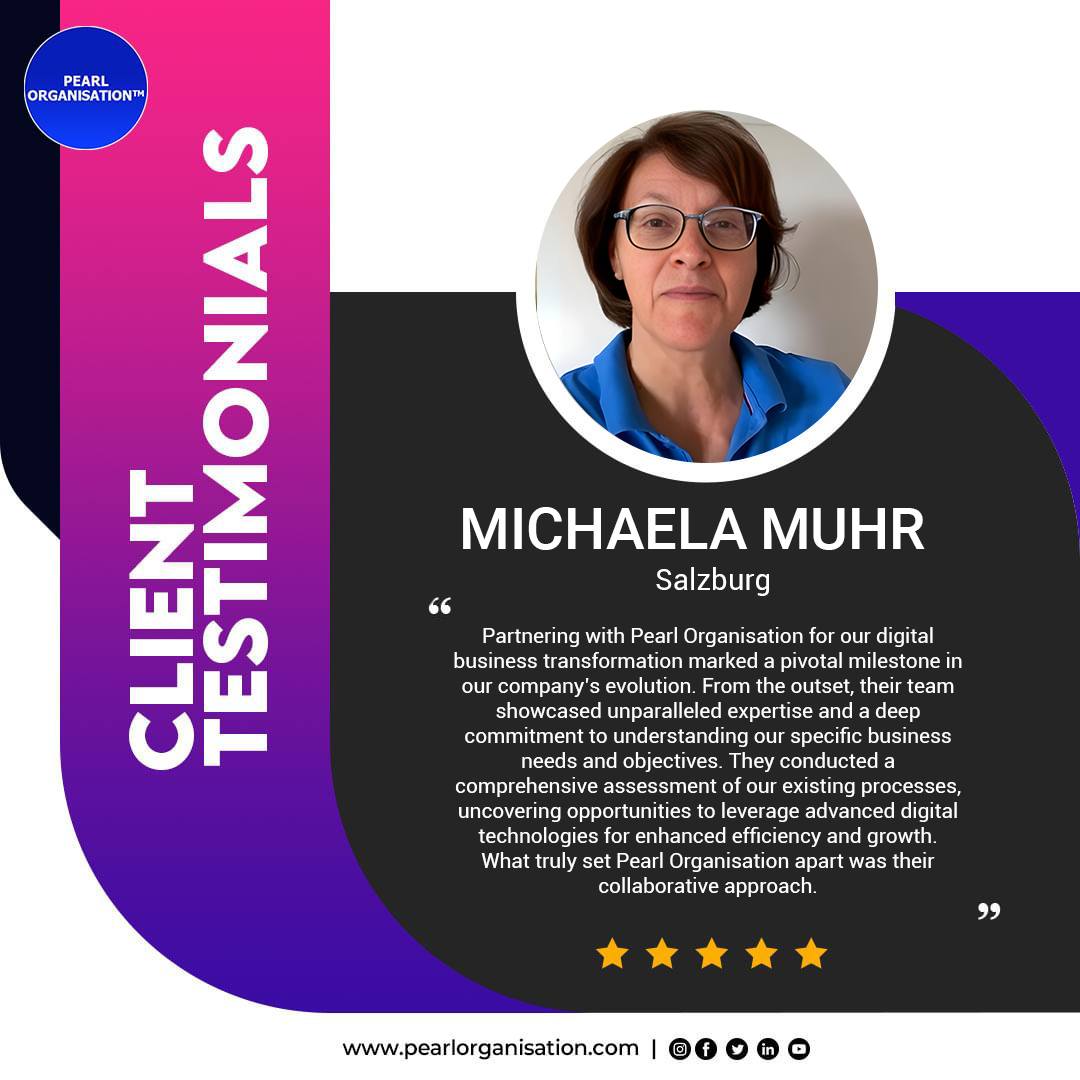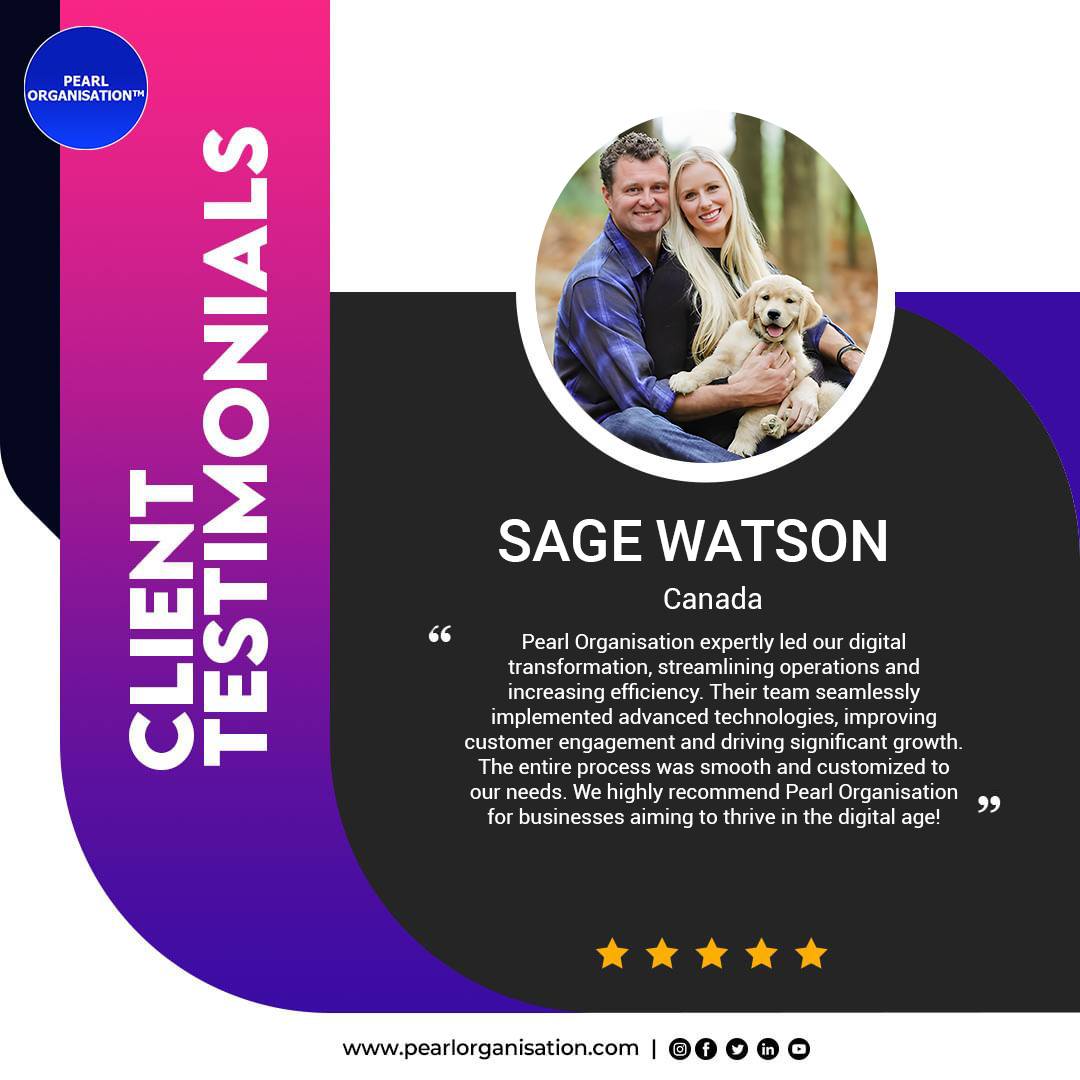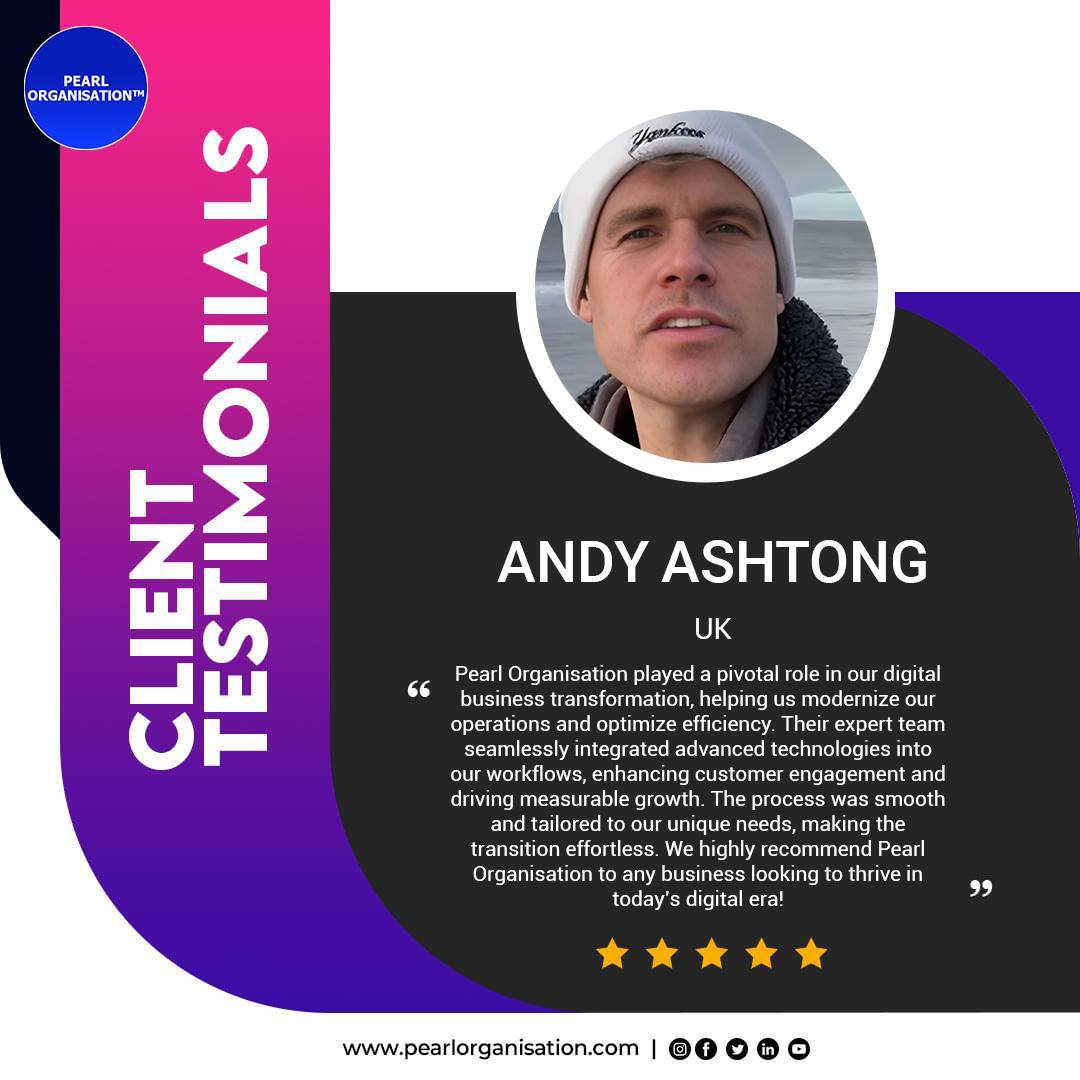Crafting Intuitive Dashboards for Data-Heavy Enterprise Platforms
- Larrisa

- Jul 8, 2025
- 6 min read

🚀 Introduction: The New Language of Enterprise Intelligence
In the age of data deluge, enterprise platforms—from ERP systems to analytics engines—are generating terabytes of raw, unstructured information every day. However, data without context is noise. The ability to turn complex data into actionable insights depends heavily on how information is presented.
This is where intuitive dashboards come in. At Pearl Organisation, we specialise in designing data-rich yet user-friendly dashboards that don’t just display metrics—they tell compelling, decision-ready stories.
📊 Why Dashboards Matter More Than Ever in Modern Enterprises
In today’s data-driven business environment, dashboards are no longer mere reporting tools—they are mission-critical control centers. The right dashboard:
Without an intuitive UI/UX, even the most powerful ERP system becomes underutilised and misunderstood.
🧠 What Makes a Dashboard “Intuitive”?
A truly intuitive dashboard doesn’t overwhelm—it empowers. At Pearl Organisation, we adhere to these foundational principles:
Principle | Description |
Role-Based Design | Tailors widgets and insights for each user type—executive, analyst, ops |
Progressive Disclosure | Reveals deeper data layers only when needed |
Minimal Cognitive Load | Uses visual hierarchy, color theory, and spacing for effortless scanning |
Actionable Metrics | Focuses on KPIs that users can act on—not vanity metrics |
Responsive and Real-Time | Supports mobile access, updates live, and includes interactive filtering |
🛠️ How Pearl Organisation Builds Smart, Scalable Dashboards
Our design and development workflow integrates UX design, data science, and enterprise context into a unified approach:
🔹 1. Discovery and Stakeholder Mapping
We begin by identifying:
End users and their goals
Frequency and context of use (daily ops, weekly reviews, etc.)
Existing pain points with legacy reporting systems
Key decisions tied to dashboard metrics
🔹 2. Data Source Integration
Our engineering team connects the dashboard to:
ERP modules (finance, HR, inventory)
CRM systems
Cloud services and APIs
Real-time data streams (IoT, telemetry)
We use secure, scalable connectors and build a unified data layer for performance and governance.
🔹 3. Wireframing & Prototyping
Before a single line of code is written, we:
This ensures the UX matches business workflows.
🔹 4. Frontend & Backend Development
Using technologies like:
We deliver secure, fast-loading, and modular dashboards.
🔹 5. Launch, Feedback & Continuous Optimization
After go-live:
Usage analytics are tracked to see which widgets matter
Performance benchmarks are assessed
User feedback is looped in for iterative UI updates
Pearl Organisation supports evolution, not just delivery.
🧩 Key Features We Embed in Enterprise Dashboards
Feature | Business Value Delivered |
✅ Drill-Down Charts | Enables multi-layer data analysis |
📅 Time Filters & Comparative View | Trend identification across quarters or YTD vs. LY |
🔔 Smart Alerts & Triggers | Notifies users of KPI breaches or system anomalies |
🧭 Guided Navigation | Embedded walkthroughs and tooltips |
📱 Mobile Responsiveness | Anytime, anywhere decision support |
🌐 Multi-Language Support | Global accessibility across enterprise locations |
Client: Global Logistics Firm (Australia + Asia)
Challenge: Legacy ERP reports required 3+ hours weekly for operations teams to extract and interpret data.
Pearl Organisation Solution:
Custom logistics dashboard showing live shipment status, delay alerts, and cost variance
Role-based views for fleet managers, finance teams, and executives
Data from SAP ERP, IoT trackers, and GPS services consolidated
Impact:
Reduced weekly report prep time from 3 hours to 15 minutes
2.1x increase in operations SLA adherence
Executive team shifted from reactive to proactive planning
🧩 Visual and Functional Best Practices We Follow
Color Use: Red = anomaly, Green = target achieved, Blue = informational
Typography: Large headline metrics, smaller contextual labels
Chart Types: Use bar for comparisons, line for trends, pie for composition, gauges for performance
White Space: Prevents visual fatigue and allows data to “breathe”
Interactivity: Hover states, click-to-drill, download as PDF/CSV
These design rules ensure clarity, speed, and accessibility.
🔒 Data Privacy and Governance Built In
We ensure:
Data encryption at rest and in transit
Access logging and activity audit trails
GDPR and Australian DPDPA compliance
Secure APIs with tokenized access
Multi-tenant isolation (if required)
Our dashboards are built with enterprise trust at the core.
💡 Future-Ready: Dashboards for AI, NLP, and Voice
Pearl Organisation is pioneering:
AI-enhanced recommendations (“Suggest next action”)
Natural Language Queries (type “sales last 30 days” → get chart)
Voice-enabled dashboards for mobile and frontline staff
Predictive forecasting modules for supply chain and finance dashboards
We make data not just visible, but intelligent.
✅ Why Choose Pearl Organisation?
Delivered 6800+ dashboard modules across 14 industries
Experts in ERP, analytics, and frontend UX
API-first approach for full integration with third-party tools
Scalable from SMB dashboards to enterprise data hubs
Ongoing support, enhancements, and user training
We don’t just create dashboards—we craft decision ecosystems.
🏁 Final Thoughts
In the modern enterprise, the right dashboard can be the difference between insight and chaos, between speed and stagnation. Pearl Organisation ensures your data doesn’t just exist—it speaks clearly, guides confidently, and performs instantly.
🔗 Explore our ERP and dashboard capabilities:
💬 Frequently Asked Questions (Global Scope)
Q1. What is an “intuitive dashboard” in enterprise platforms?
An intuitive dashboard presents complex business data in a way that is easy to interpret, interact with, and act upon—even for non-technical users. It eliminates cognitive overload through smart layouts, real-time visualisation, contextual labeling, and role-based personalization. The goal is to drive decisions quickly and confidently.
Q2. Why are dashboards critical in data-heavy environments like ERP systems?
ERP platforms manage vast data across departments like finance, HR, supply chain, and operations. Dashboards:
They transform raw data into enterprise intelligence.
Q3. What industries benefit most from intuitive dashboard solutions?
While all industries use dashboards, high-value sectors include:
Pearl Organisation tailors dashboards for each industry’s unique needs.
Q4. How does Pearl Organisation ensure dashboards are user-friendly?
We follow best practices in:
UX/UI Design: Visual hierarchy, interactive filters, color cues
Persona Mapping: Each dashboard is role-specific (CEO, analyst, ops)
Data Storytelling: Contextual insights, not just charts
Progressive Disclosure: Shows detailed data only when required
Real-Time Speed: Dashboards load fast and update dynamically
User feedback loops are baked into every iteration.
Q5. What are key features of a modern enterprise dashboard?
Top features include:
🔄 Real-time data sync
📊 Customisable KPIs
🔍 Drill-down and drill-through capability
🔔 Alert notifications
📱 Mobile responsiveness
🌐 Multi-language and global compliance
🔐 Secure role-based access
Pearl Organisation builds dashboards that are smart, scalable, and secure.
Q6. Can dashboards integrate with existing ERP, CRM, or analytics tools?
Yes. Pearl Organisation ensures:
Our dashboards act as extension layers over your existing systems.
Q7. What is the difference between static reports and dynamic dashboards?
Feature | Static Reports | Dynamic Dashboards |
Update Cycle | Manual or scheduled | Real-time or near real-time |
Interactivity | None | High (filter, sort, zoom, drill-down) |
Data Access | Limited to snapshot | Live feeds from databases/APIs |
Usability | Text/number heavy | Visual, engaging, user-friendly |
Dashboards are action-driven, while reports are record-driven.
Q8. How long does it take to build a custom dashboard?
Timelines vary based on complexity:
Simple dashboards: 1–2 weeks
Mid-complexity with 3–5 modules: 3–5 weeks
Enterprise-grade dashboard suite: 6–12 weeks
Pearl Organisation uses agile sprints to deliver usable versions quickly.
Q9. What technologies are used in building dashboards at Pearl Organisation?
We use:
Our solutions are cloud-native, extensible, and API-driven.
Q10. How are dashboard projects priced?
Pricing depends on:
We offer flexible models—fixed, milestone-based, or monthly retainers.





























